Viscosity Meter Price
How much does the Viscosity meter price?
The cost of a Viscosity meter varies depending on the type of instrument, its features and its usage. Generally speaking, the Viscosity meter price range from around $100 to around $2,000. This range depends on the accuracy level of the product required for your application.
At ADK Instruments, we understand that when it comes to industrial measurement tools, accuracy is paramount. That's why we offer a wide range of products with varying levels of accuracy and price points so that our customers can find the perfect product for their needs.
Viscosity meters are used to measure the viscosity, or thickness, of liquids or gases. In addition to being highly precise, these instruments are also highly sensitive and can be used to detect slight changes in the viscosity of a substance. This makes them ideal for use in a variety of industries, including food and beverage production, pharmaceutical manufacturing, oil and gas exploration, and more.
ADK Instruments provides Viscosity meters that are reliable and accurate. All of our instruments meet stringent quality standards and are tested for accuracy before they are shipped. In addition, our products come with a comprehensive warranty and technical support.
If you have any questions about our range of Viscosity meters or their pricing, please do not hesitate to contact us. We're always happy to help and ensure that you find the instrument that's perfect for your needs.
What are the Factors Affecting Viscosity meter price?
The price of a viscosity meter depends on a few factors. Firstly, the type and quality of the instrument itself play a major role in determining its cost. Higher-end models tend to be more expensive, while simpler instruments can be cheaper. The complexity of the measurement process and the accuracy required also affect the price - instruments capable of measuring low levels of viscosity with great precision tend to be more expensive than those designed for basic viscosity readings.
In addition to the type of instrument, the features and functions it offers will also affect its cost. Instruments with a wide range of capabilities tend to be more expensive than simpler models. Moreover, brands known for their high-quality products are likely to charge more for their viscosity meters.
Other factors, such as the availability of accessories and aftermarket support services, can also influence viscosity meter prices. Additional features such as data logging, software compatibility and extended warranties can increase the cost of instruments significantly.
Finally, it is important to consider the cost of installation and maintenance when purchasing a viscosity meter. Professional installation services may be necessary for more complex models and these will add additional costs to the overall price tag. Regular maintenance and calibration are also important considerations, as these will need to be factored into the total cost of ownership for any viscosity meter.
Why Does the Viscosity meter price vary?
Viscosity meters are essential measuring instruments used to measure viscosity, which is the resistance of a fluid to flow. These instruments measure the amount of force required for a fluid to move through a given space and hence, provide us with an accurate reading of its viscosity. The accuracy of a viscometer is based on factors such as calibration frequency, accuracy level and calibration method. Viscosity meter prices can vary greatly based on the quality of the material used, the features included in the instrument, as well as its performance capabilities.
The materials used to produce a viscometer can range from alloys like stainless steel to high-grade plastic components. Different materials offer different benefits, including durability and precision, which will directly affect the performance of a viscometer and its price. The features included in the device can also affect the cost, such as if it has both analog and digital displays or is designed with more advanced sensor technology to provide higher accuracy.
 ×
×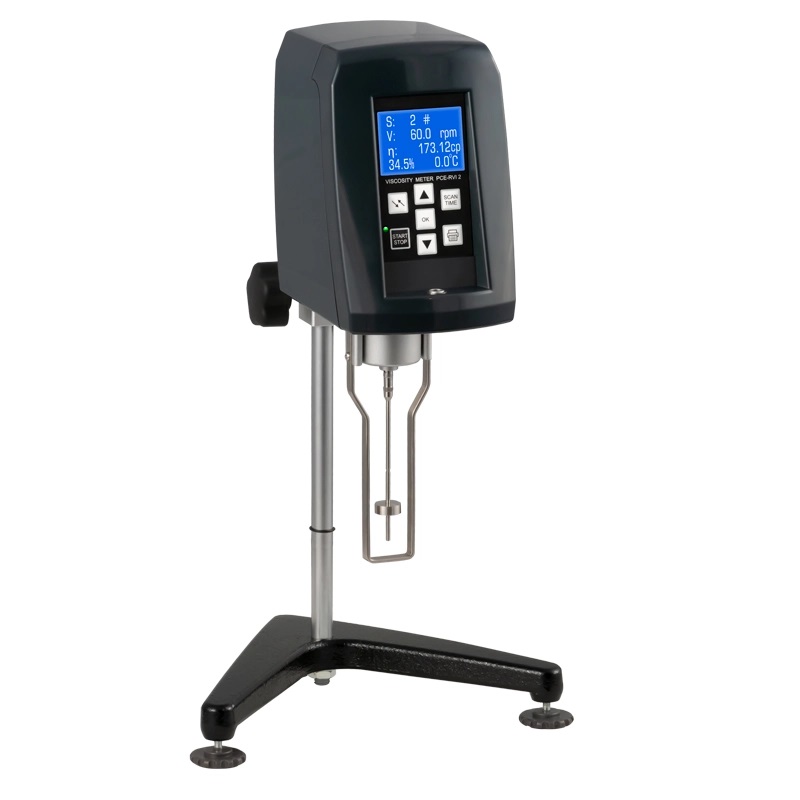
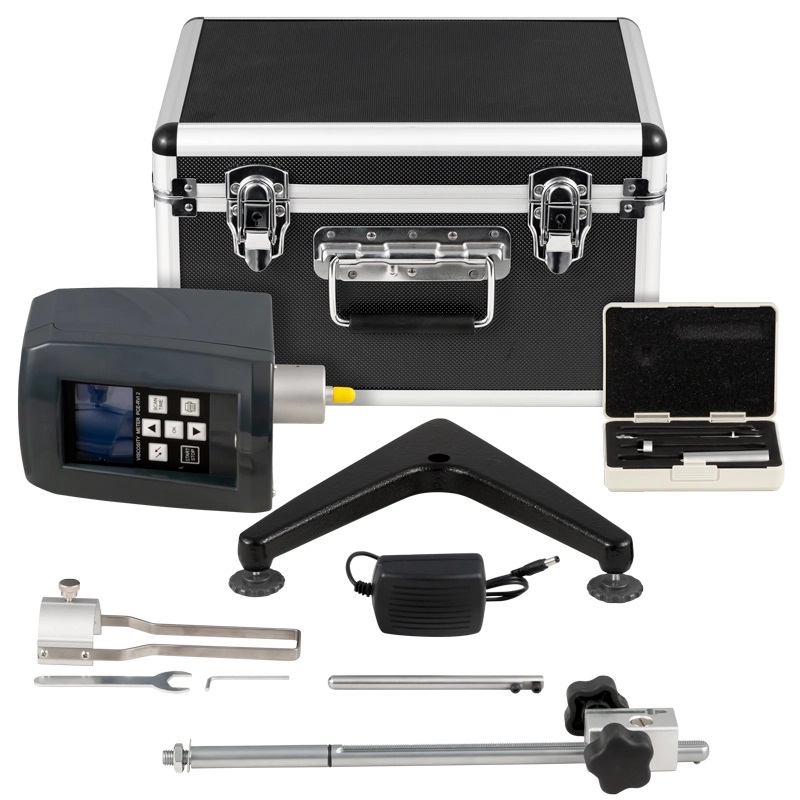
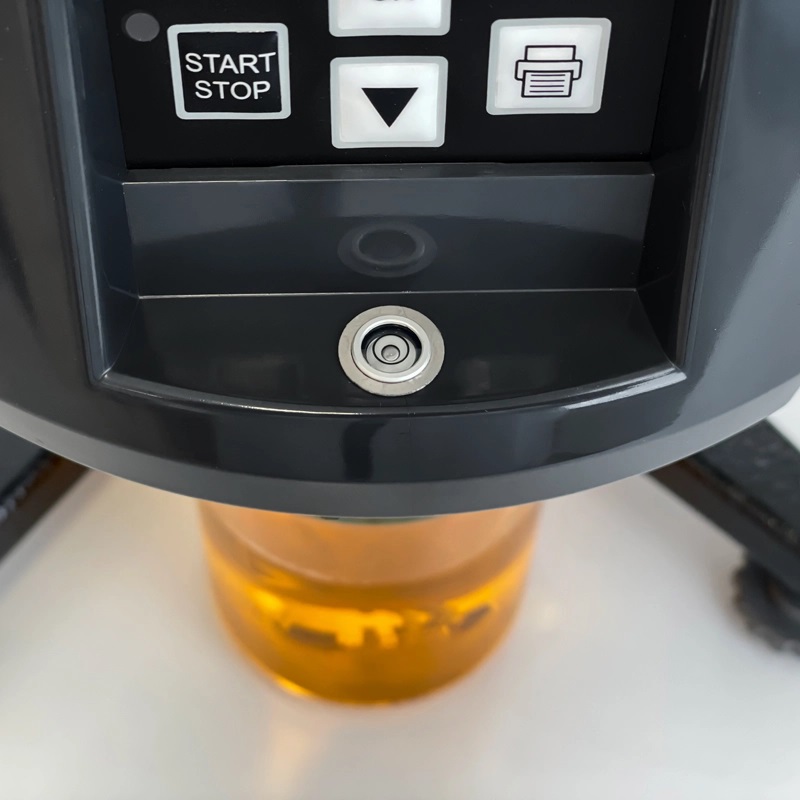
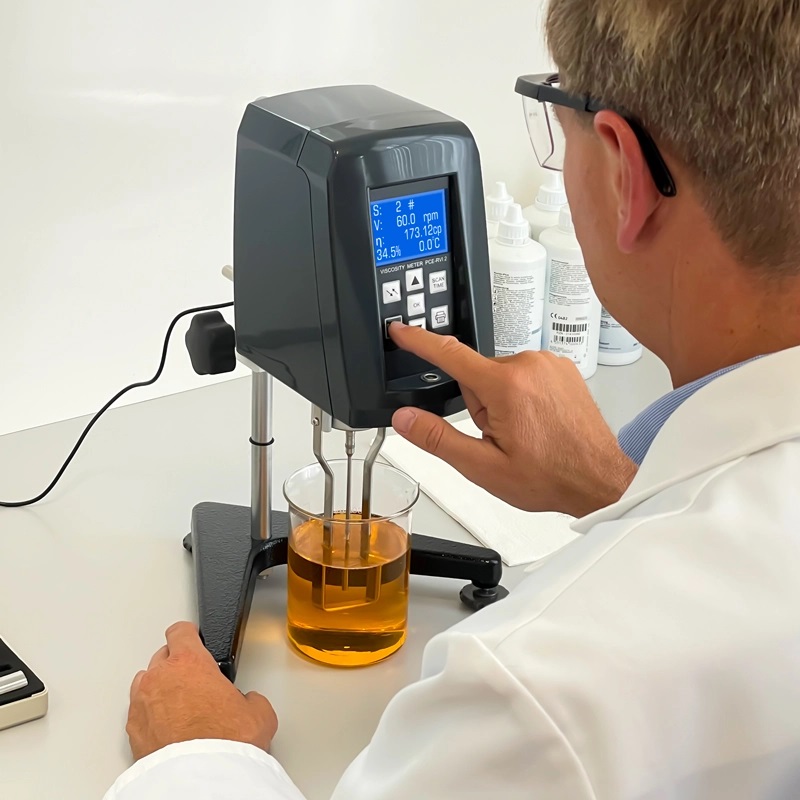
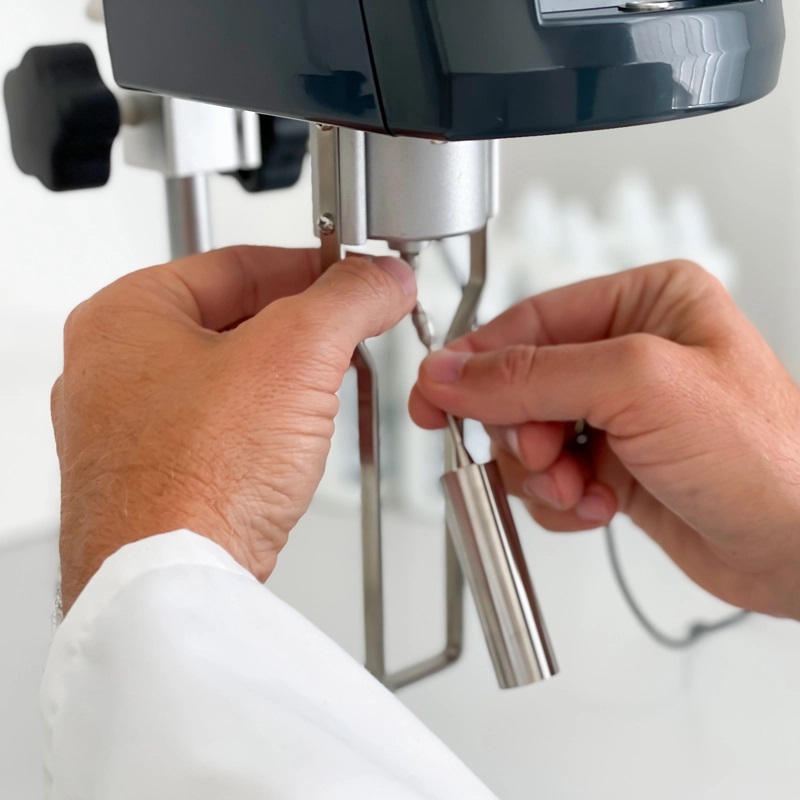
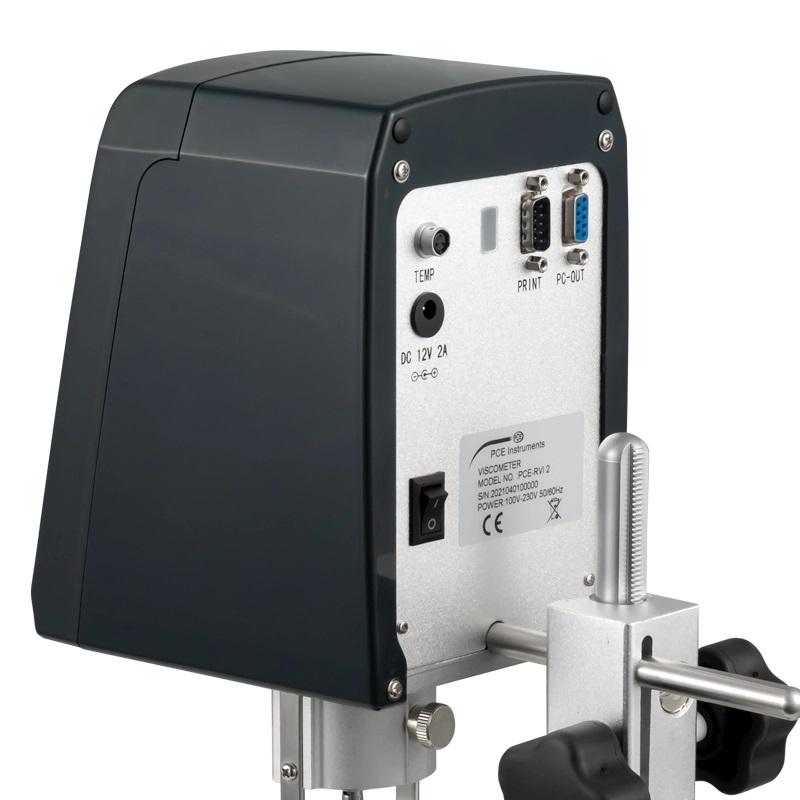
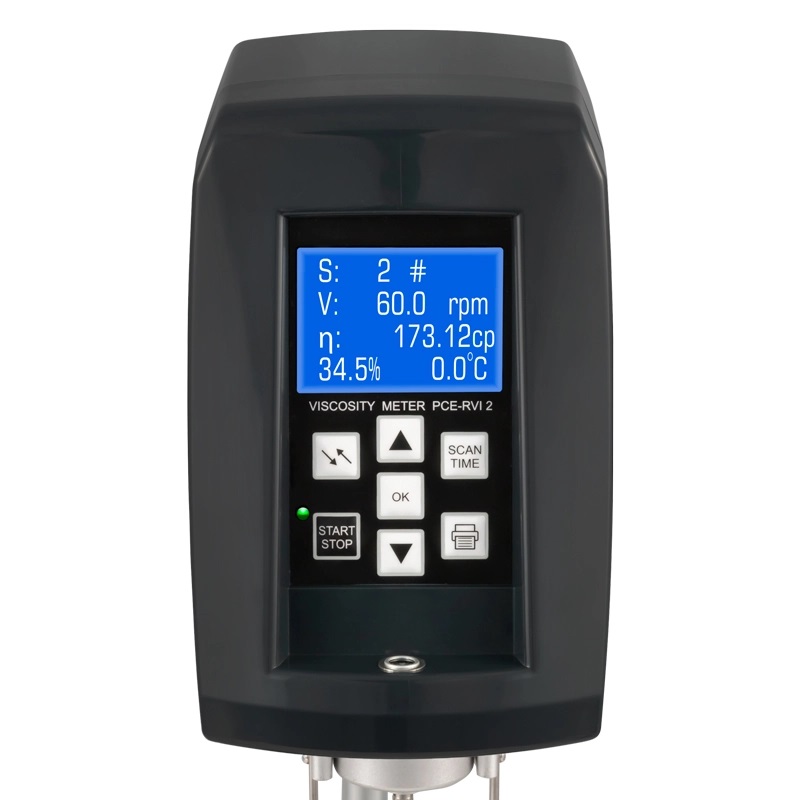
 Standard 9-15 Days Delivery | Once received to our Hub
Standard 9-15 Days Delivery | Once received to our Hub

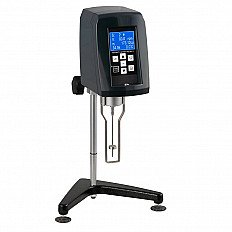
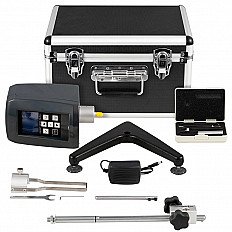
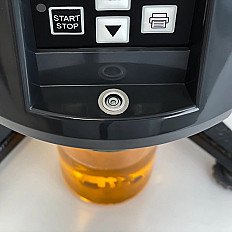
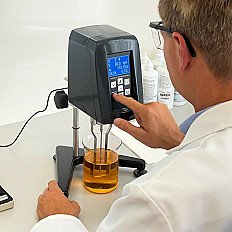
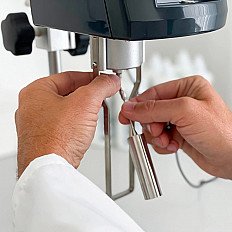
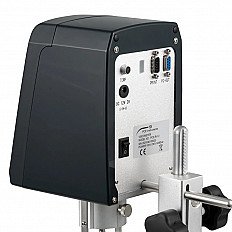
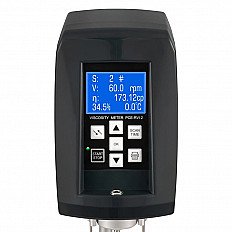
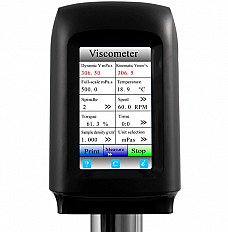

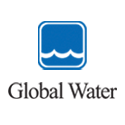
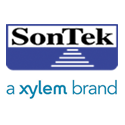
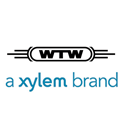
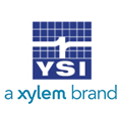
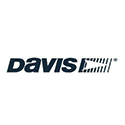
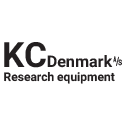


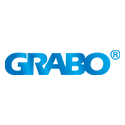
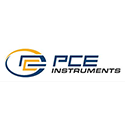


.png)

